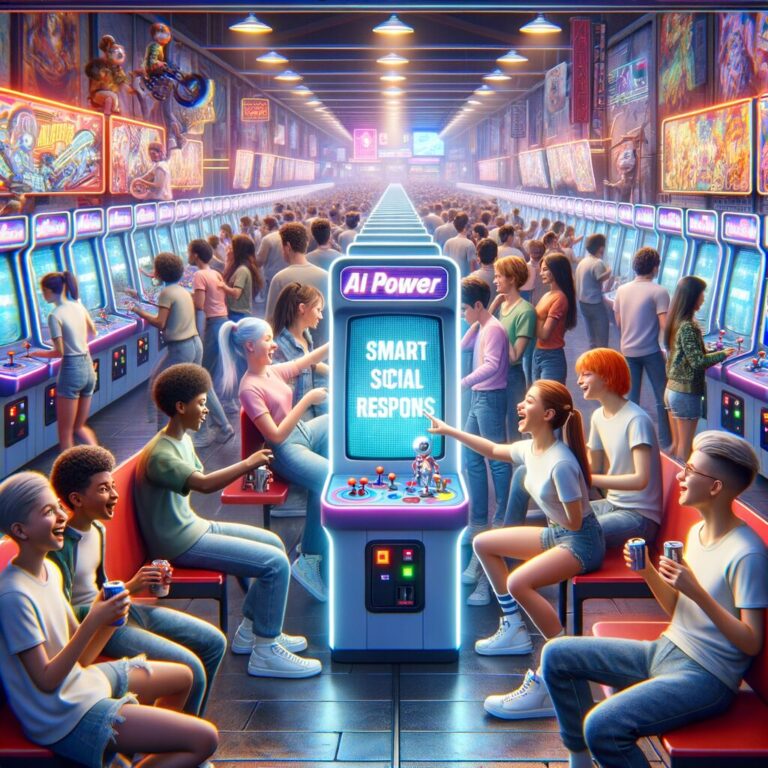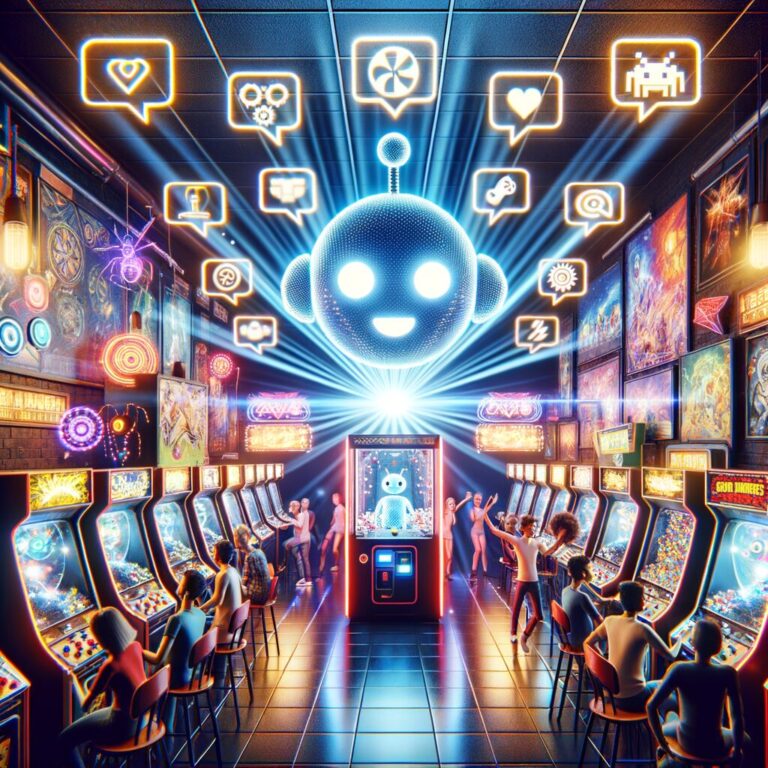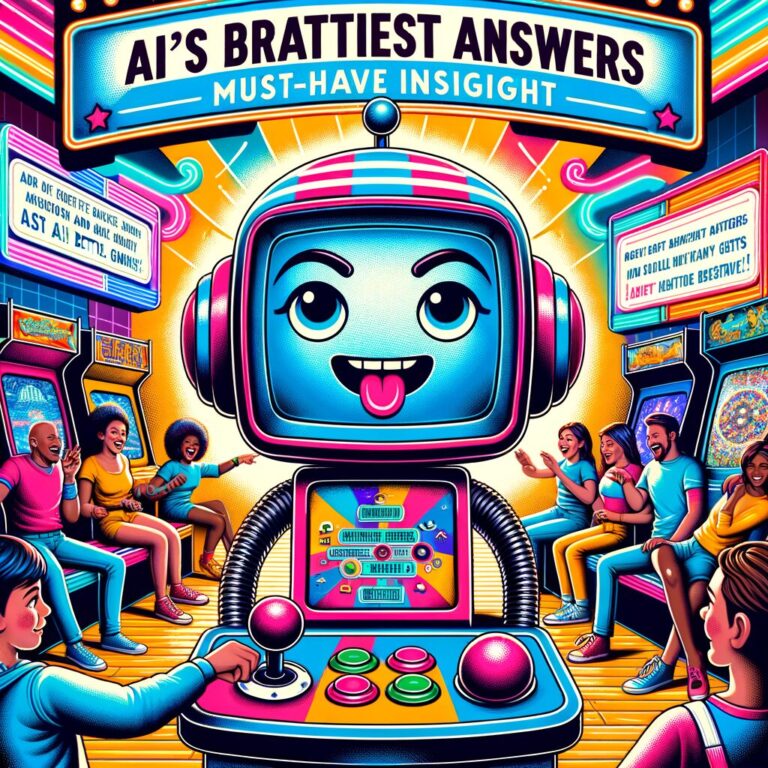AI Humor: Unveiling the Surprising Wit of Bots
Artificial Intelligence (AI) has come a long way in recent years, transforming various aspects of our lives, from business to healthcare and entertainment. While most people are familiar with AI’s capabilities in data analysis, automation, and decision-making, one lesser-known but increasingly popular application of AI is humor. Yes, you read that right – AI humor is a rapidly growing field that delves into the creation and understanding of jokes, puns, and wit by machines.
The idea of machines cracking jokes may seem far-fetched or even absurd to some, but advancements in natural language processing and machine learning have enabled AI systems to develop a surprisingly sharp sense of humor. From generating puns to engaging in witty banter, these AI-powered bots are challenging the notion that humor is a distinctly human trait.
The Rise of AI Comedians
One of the pioneering examples of AI humor is the development of chatbots and virtual assistants that are programmed to engage users in light-hearted banter and jokes. Companies like Google and Amazon have incorporated humor into their AI voice assistants, such as Google Assistant and Alexa, to make interactions more engaging and entertaining.
These AI comedians are designed to respond to users’ queries with funny quips, puns, and jokes, showcasing a sophisticated understanding of language, context, and timing. For example, asking Google Assistant to tell you a joke can elicit a variety of humorous responses, ranging from clever one-liners to playful anecdotes.
The Science Behind AI Humor
So, how do AI systems generate humor? The process involves a combination of linguistic analysis, semantic understanding, and pattern recognition to identify and create jokes that are contextually relevant and amusing. Natural language processing algorithms help AI models parse the intricacies of language, including wordplay, ambiguity, and nuanced expressions, to craft witty responses.
Moreover, machine learning techniques enable AI systems to learn from vast amounts of data, including jokes from the internet and popular culture, to improve their humor generation capabilities over time. By analyzing patterns in humor delivery and reception, AI algorithms can fine-tune their comedic timing and style to better resonate with human audiences.
The Ethical Considerations
While the emergence of AI humor holds promise for enhancing user experiences and human-machine interactions, it also raises ethical considerations regarding the boundaries of AI’s role in social interactions. As AI systems become more proficient at mimicking human humor, there is a potential risk of blurring the lines between genuine human connection and algorithmic simulation.
Moreover, the ethical implications of AI humor extend to issues of cultural sensitivity, offensive content, and the perpetuation of stereotypes through automated joke generation. As AI humor evolves, there is a need for ongoing research, oversight, and ethical guidelines to ensure that AI remains a tool for positive engagement and inclusivity.
The Future of AI Comedy
Looking ahead, the future of AI humor holds exciting possibilities for merging technology and creativity in novel ways. As AI systems continue to advance in their understanding of humor, we can expect to see new applications in entertainment, advertising, and even therapy. AI comedians could become virtual companions, entertainers, or educators, enriching our lives with laughter and amusement.
In conclusion, AI humor represents a fascinating intersection of technology and human expression, showcasing the remarkable capabilities of AI to engage, entertain, and elicit laughter. While the field is still in its early stages, the prospects for AI comedy are promising, offering a glimpse into a future where machines and humans share the stage in the timeless art of making people smile.






